Many of us have grown up drinking tap water without thinking twice about it. The availability of potable drinking water is a cornerstone of developed countries. Many developing, or third-world, countries often provide inadequate access to drinkable water, and the water from the tap is frequently contaminated with pathogens, suspended solids, toxins and/or disease-carrying organisms. Unfortunately, the use of chemical agents used in developed countries to make water potable has started to raise concern throughout communities about the safety of seemingly innocuous tap water. The development of urban areas has made tap water provided by municipal water systems one of the most common ways of delivering water to people. Groundwater systems are also quite popular; for example in the US, groundwater is a source of drinking water for nearly 50% of the population. Some are lucky to still have access to untainted natural water sources, if living close to a natural spring, but this is just not available for the majority of the population. Hence, most of us rely on tap water as the primary source of drinking water.
Taking a Closer Look at Tap Water
The water treatment processes and the water distribution systems in most communities often introduce chemicals and pollutants into your water, which may cause immediate visible side-effects, such as diarrhea, or expose your body to potential long-term distress.
Here are a few with interesting bits to consider: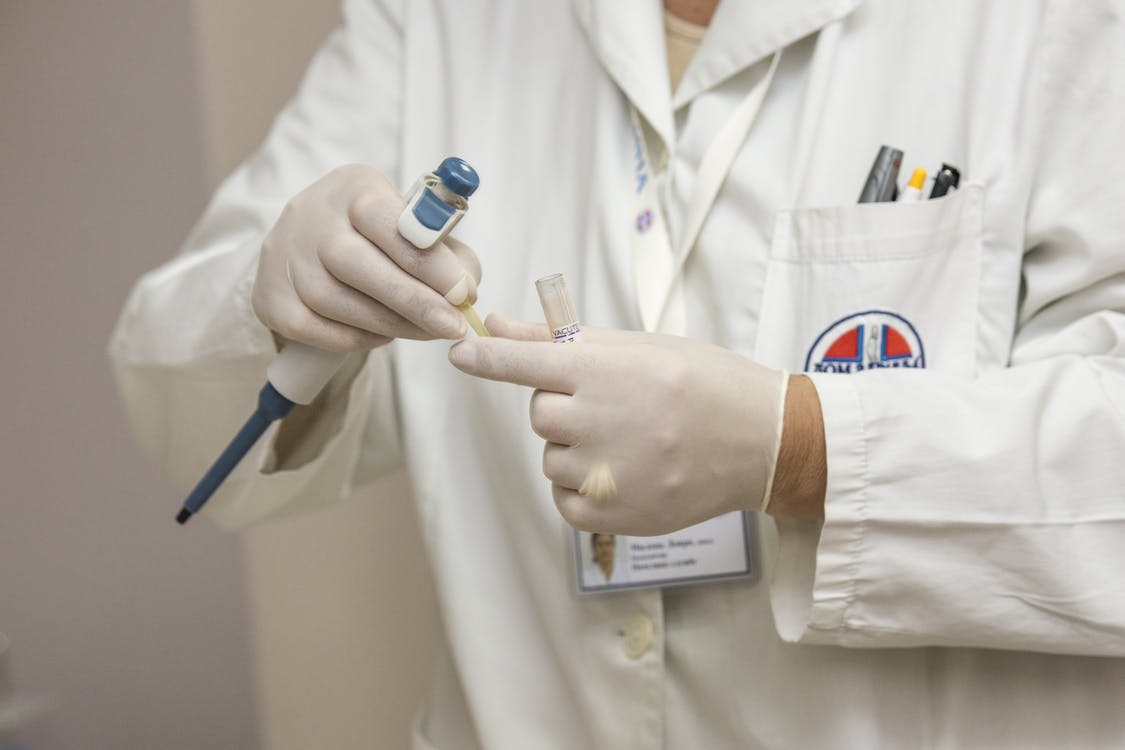 Analysis of tap water supplies in major metropolitan areas conducted by the Associated Press has revealed that the water supply in 24 major U.S. cities – serving over 40 million people — are contaminated with trace amounts of pharmaceuticals including antibiotics, anti-seizure medications, anti-inflammatory drugs, psychotropic drugs, pain medications and even caffeine.(source: http://www.naturalnews.com/022809_pharma_contamination_water_supply.html)
Analysis of tap water supplies in major metropolitan areas conducted by the Associated Press has revealed that the water supply in 24 major U.S. cities – serving over 40 million people — are contaminated with trace amounts of pharmaceuticals including antibiotics, anti-seizure medications, anti-inflammatory drugs, psychotropic drugs, pain medications and even caffeine.(source: http://www.naturalnews.com/022809_pharma_contamination_water_supply.html)
The Agency is concerned about the detection of pharmaceuticals and personal care products in our water. EPA has been actively working with federal agencies and state and local partners to better understand the implications of emerging contaminants such as pharmaceuticals, endocrine disrupting chemicals, and personal care products detected in drinking water, wastewater, surface water and ground water. Chlorine is used to combat microbial contamination, but it can react with organic matter in the water and form dangerous, carcinogenic Trihalomethanes. According to Dr. Joseph M. Price, MD, in Moseby’s Medical Dictionary, “Chlorine is the greatest crippler and killer of modern times. It is an insidious poison”. (source: http://www.pure-earth.com/chlorine.html)
The substance labeled “Fluoride” that we use in dental practices, toothpaste and water fluoridation is the hazardous waste substances caught in the wet scrubbers of the phosphorus industries. This extremely toxic, hazardous chemical is illegal to dump and would cost companies a hefty price tag to properly dispose of, instead it is SOLD to cities and towns where it is then dumped into water supplies, legally. (source: http://www.wakingtimes.com/2013/01/26/do-you-still-believe-fluoride-is-good-for-our-teeth-read-this/)\
Although 99% of the water coming out of your tap is used for showering, watering gardens, washing clothes, flushing the toilet, etc., it is the same water used for drinking and cooking for most households. Research revealing the adverse effects of chemicals such as fluoride and chlorine, in addition to contamination by other orgnic and inorganic substances such as pesticides, herbicides, pharmaceuticals and metals, are making us look to alternatives for clean drinking water. What Type of Water Do You Drink?
What Type of Water Do You Drink?
As more contaminants enter drinking water supplies, and as the scientific establishment discovers more negative effects that chemicals in our drinking water are having on our bodies, we must take it onto ourselves to seek alternatives to the tap. There are many options for the types of water that you can buy and consume; here is some insight from Dr. Mercola:
Bottled Water – Did you know that 40% of bottled water is actually TAP WATER? With or without added filtration – you’re paying through the nose for it. Worse, an independent test by the Environmental Working Group found arsenic, DPBs and 36 other harmful pollutants hiding in bottled water.\r\n\r\nPlastic bottles are a less than optimal idea too. They can contain the potentially hazardous chemical BPA. And the devastating environmental impact is staggering. Distilled Water – Use with caution… Long-term use can invite health problems, because its minerals are evaporated out. So to try to maintain mineral balance, it sucks minerals out of your body. What’s worse, the contaminants in the water are more concentrated in the finished distilled water. You can just imagine what that does to your health…
Distilled Water – Use with caution… Long-term use can invite health problems, because its minerals are evaporated out. So to try to maintain mineral balance, it sucks minerals out of your body. What’s worse, the contaminants in the water are more concentrated in the finished distilled water. You can just imagine what that does to your health…
Alkaline Water – Although there is some controversy on this, I and most experts believe that this water should be used for short-term detoxification only (1-2 weeks max). Additionally the alkalinization process does NOT filter the water so you need to carefully evaluate the water filter for the specific alkaline water unit it’s using.
Note that devices that produce high pH alkaline water, which are provided by Adepto Company, have an integrated reverse osmosis and ozone generator so that the water before the alkalizing process passes the filtration process which result i high quality of alkaline water up to 9,8 pH value.
Vitamin Waters – Don’t be fooled… Vitamin waters contain high fructose corn syrup (HFCS), artificial colors, additives, preservatives, and caffeine. Even worse… they use distilled water to produce these products – which as you just read, is one of the worst types of water you can consume.
Other options also include:
Fresh Spring Water – There is a resource called www.findaspring.com, which allows you to locate natural springs close to where you live if you want to have a try at collecting your own spring water. Of course, this will not be an option for everyone, and there is some time and effort associated with collecting spring water.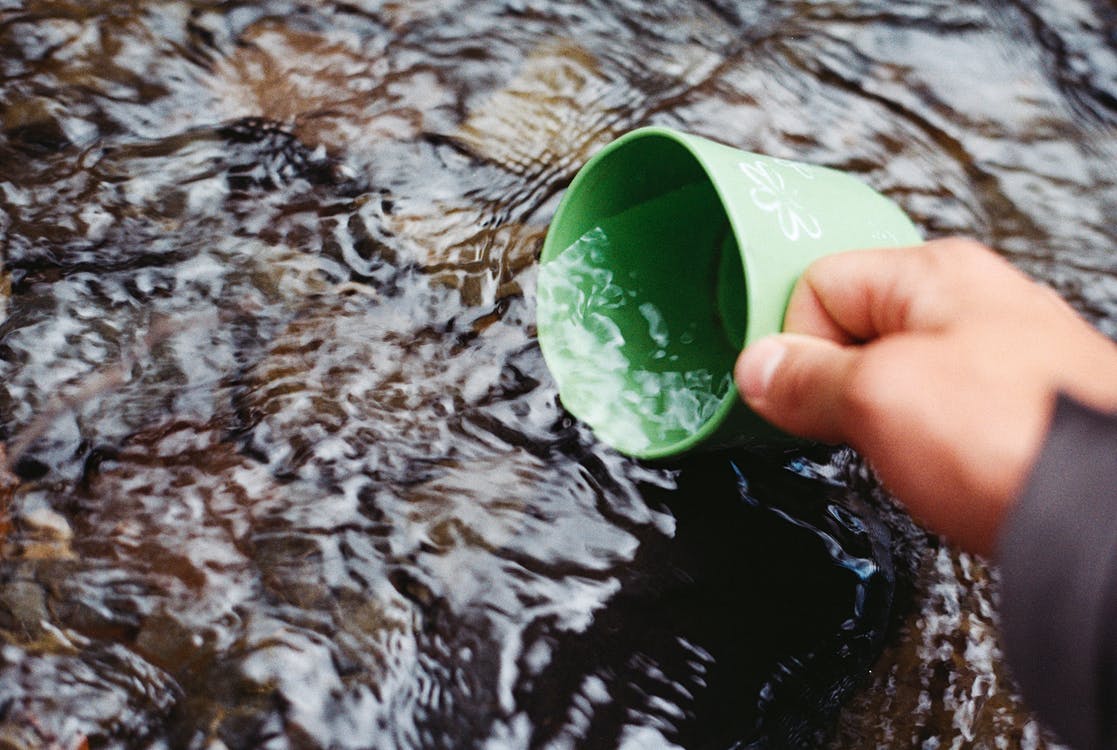 Well Water – If you don’t already have one, you could construct a water well on your property, given that there is an adequate ground water source and where overly dry climate conditions won’t result in water shortages. Unfortunately, most wells can be easily contaminated, and the water may need to be treated or softened.
Well Water – If you don’t already have one, you could construct a water well on your property, given that there is an adequate ground water source and where overly dry climate conditions won’t result in water shortages. Unfortunately, most wells can be easily contaminated, and the water may need to be treated or softened.
Tap Water – Supplied through the municipal water system, tap water is the most common option for drinking water for most people, especially those living in cities and large metropolitan areas. Access to tap water is easy and quick, yet, concerns about fluoridation are becoming more prevalent. Additionally, tap water is treated with chlorine, which is one of the main reasons many people want to filter tap water before they ingest it or use it on the body.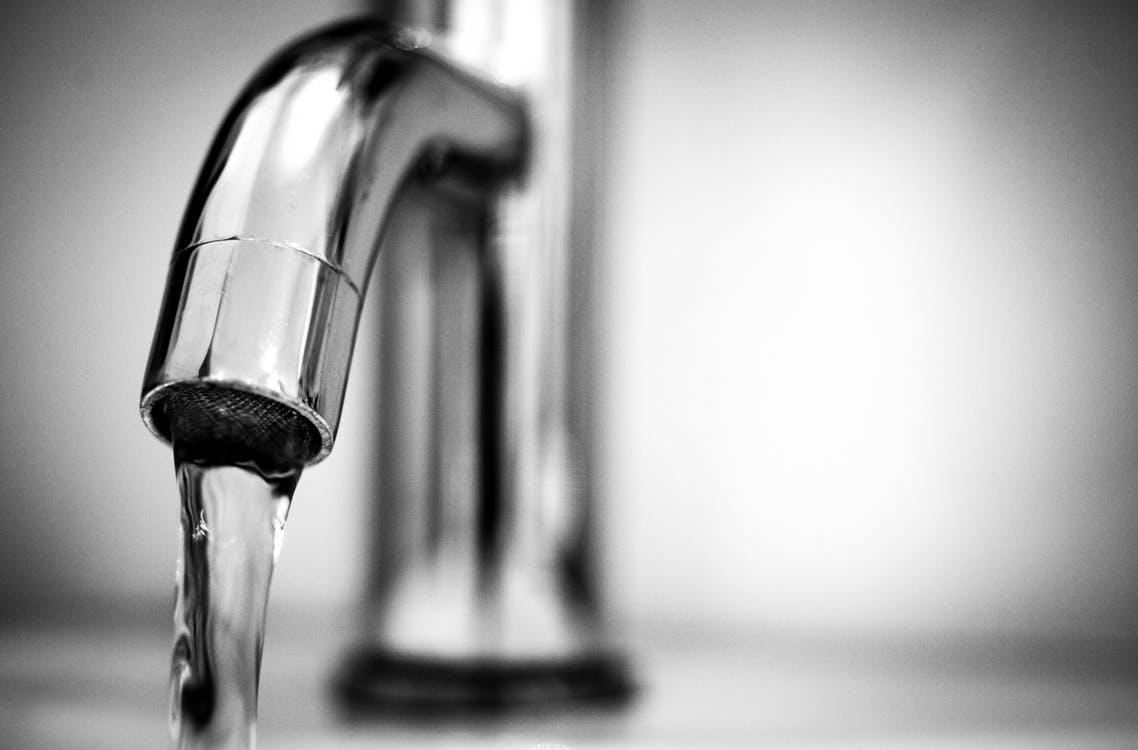 Water Filtration Options for Your Home
Water Filtration Options for Your Home
There are many options in terms of home water filtration, and, ideally, you want a system that uses a variety of methods to remove organic and inorganic contaminants, as well as sediment and metals. Home water filtration options consist of a few categories:
Pitcher/Carafe Filter
These types of filters are some of the least expensive, at least at the onset, because they are only about $10-$40 for the pitcher. Refill cartridges cost about $5-$15, and these need to be replaced about every 30-40 gallons. So although the initial cost is low, the on-going cost of about 12-20 cents per gallon can make these filters the most costly long term. Pitcher-style filters are usually designed with the primary purpose of improving the taste and odor of your tap water by reducing chemicals such as chlorine. They are least effective in removing harmful contaminants when compared to other options. Importantly, these filters often don’t remove potentially carcinogenic organisms, such as Volatile Organic Compounds (VOCs) and Trihalomethanes (THM) chemicals.
Adepto Company has in its offer pitchers that remove 99% of the contaminants from the water.
Reverse Osmosis Filter
RO filters are effective in removing contaminants in your water, including fluoride, lead, mercury, cysts, chlorine and more, yet they also remove natural minerals. As mentioned in the section on Distilled Water above, this may create a mineral imbalance in the body. So if you choose this type of system, you will need to add essential minerals back into your water after it’s filtered. Some RO water filtration systems automatically address this issue (by adding mineralizer).
Granular Carbon and Carbon Block Filters
Water filtration using carbon is most common for counter-top and under-the-counter filters. The EPA considers carbon filters to be the best available technology for the removal of organic chemicals such as herbicides and industrial chemicals such as chlorine. These filters remove contaminants through adsorption, where the contaminants bond to the surface of the filter media. The difference between the granular carbon filter and the carbon block filter (which is part of our RO device)is that the latter uses a carbon medium in a solid form, versus granular carbon filters that use loose carbon material. A downside of the granular carbon filters is that water can create pathways (or channels) in the loose material, and hence some water may escape filtering. Carbon block filters address the problem of channeling and use sub-micron filter cartridges, which further aides as a physical barrier for certain dangerous organisms.
Ion Exchange Filter
These types of filters work by removing dissolved salts in the water by exchanging natural-forming ions in the water with their own ions. Ion exchange filters are usually combined with carbon adsorption or RO filtration, because on their own they do not effectively remove organics and microorganisms. Are You Ready to Start Drinking Cleaner Water?
Are You Ready to Start Drinking Cleaner Water?
If you choose to purchase a water filter for you home, not only will you be choosing which but the effectiveness in removing chemicals and pollutants, as well as the life-time of filter cartridges, which will vary depending on the brand of filter you purchase. Don’t be turned away from an expensive filter but consider their lifetime and effectiveness before making your decision. Adepto Company experts are at your disposal for all your questions and concerns so we can come up with the best solution for your best water needs!
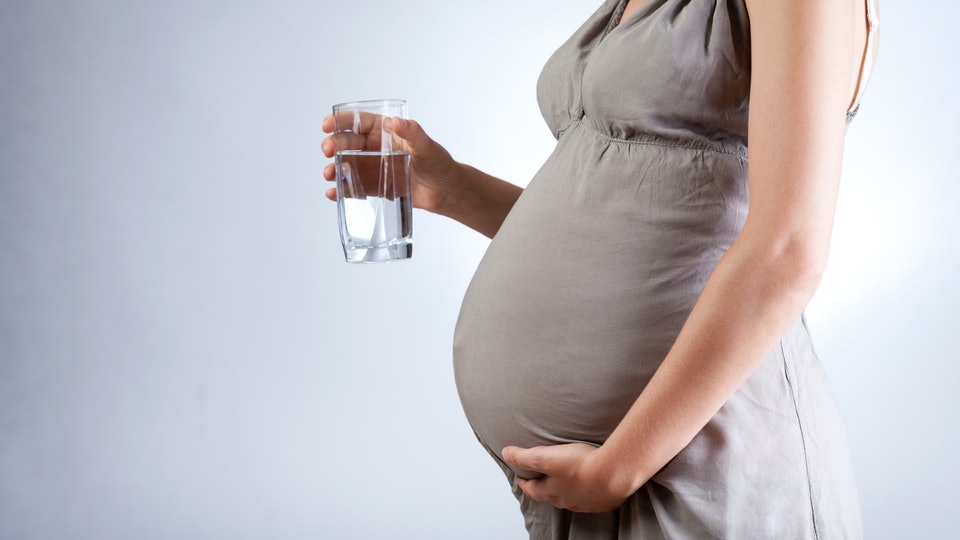
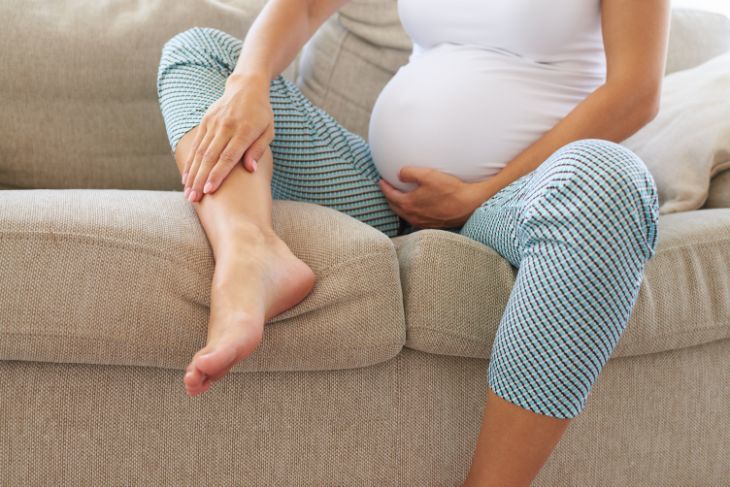
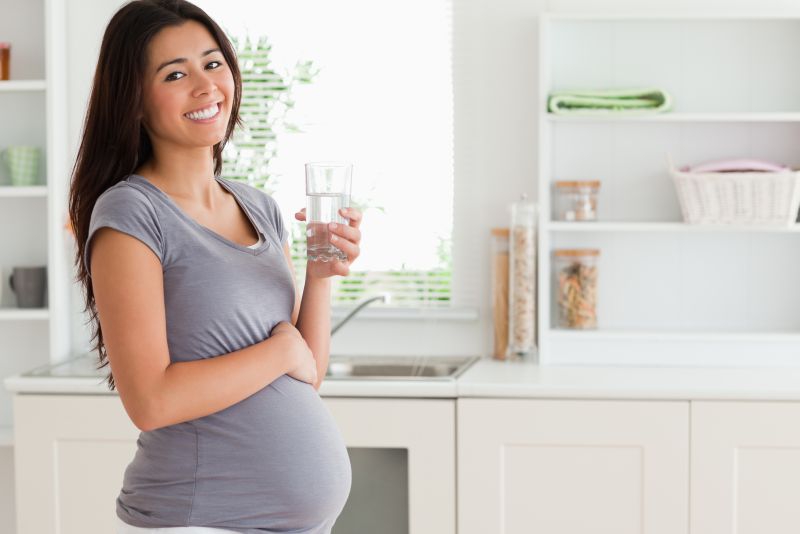
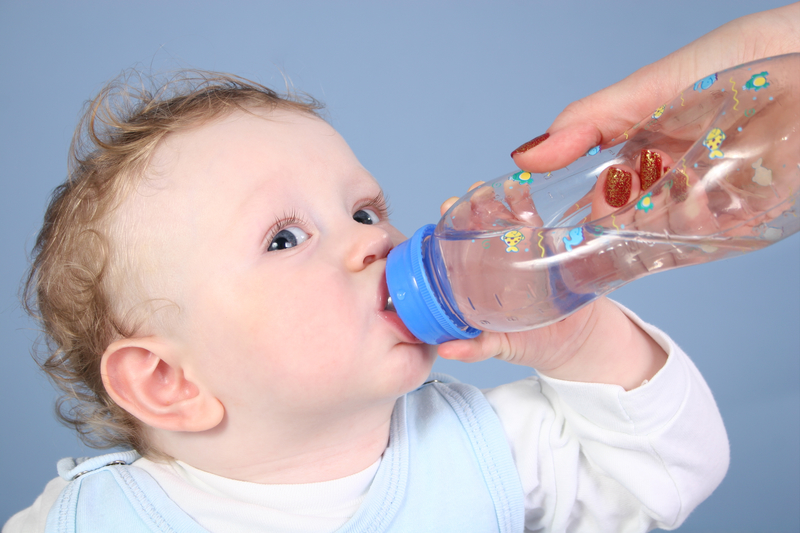


 BiH
BiH
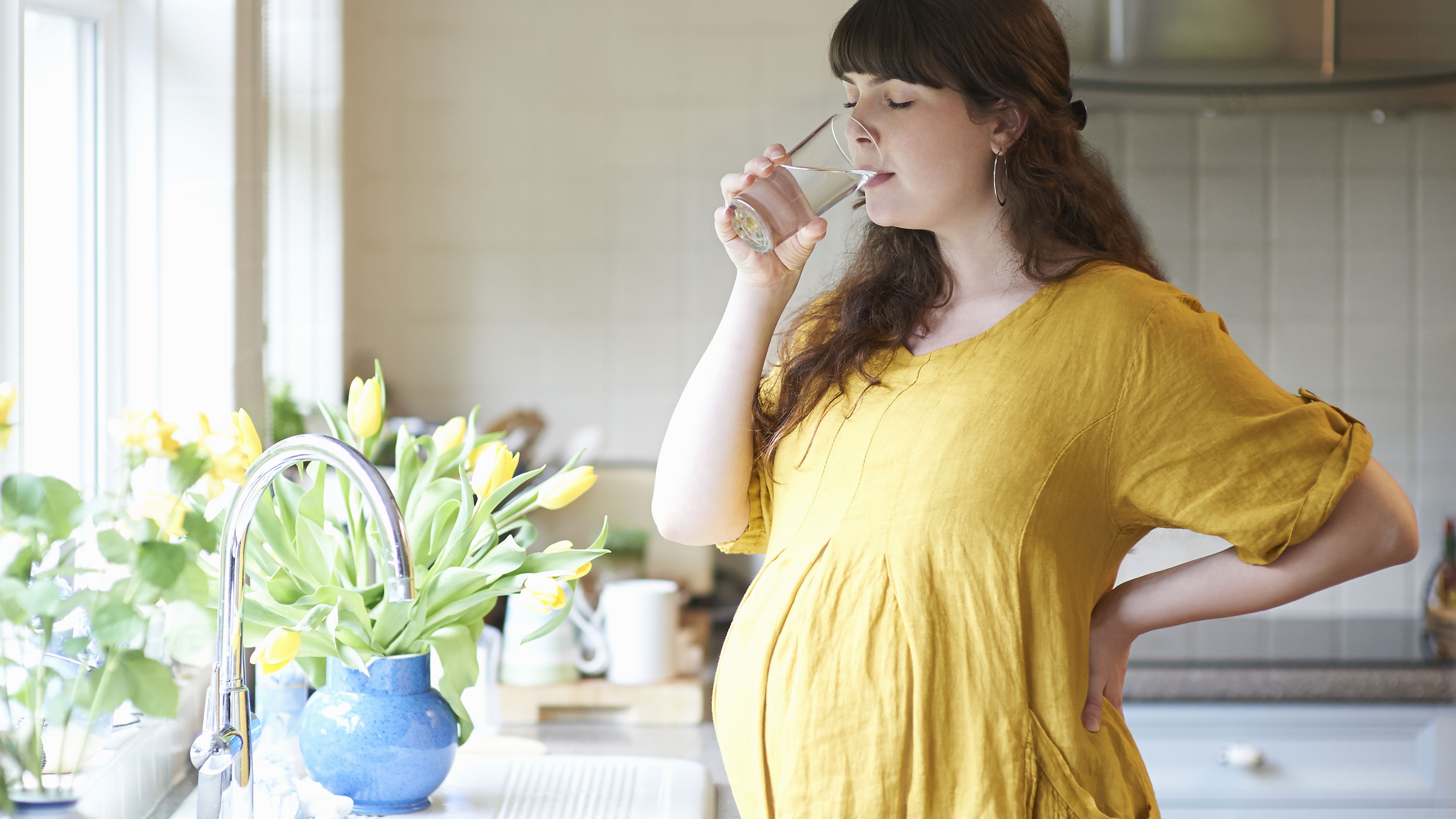
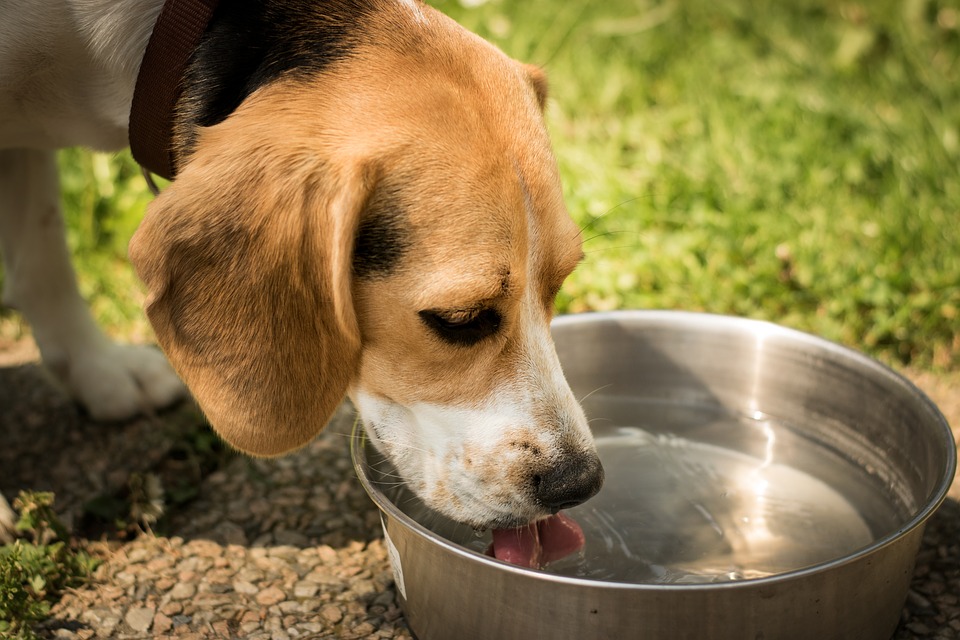
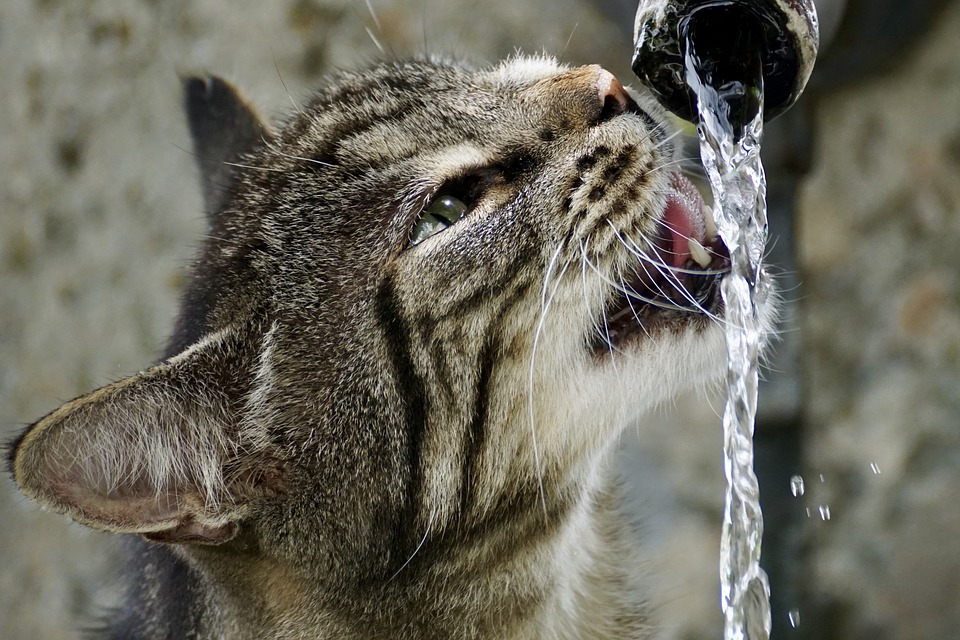
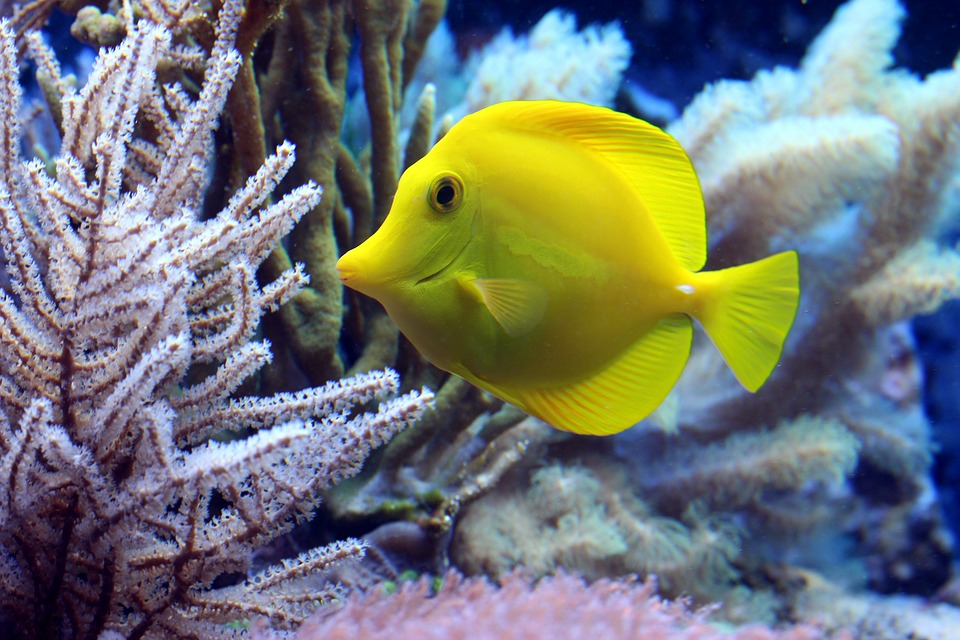

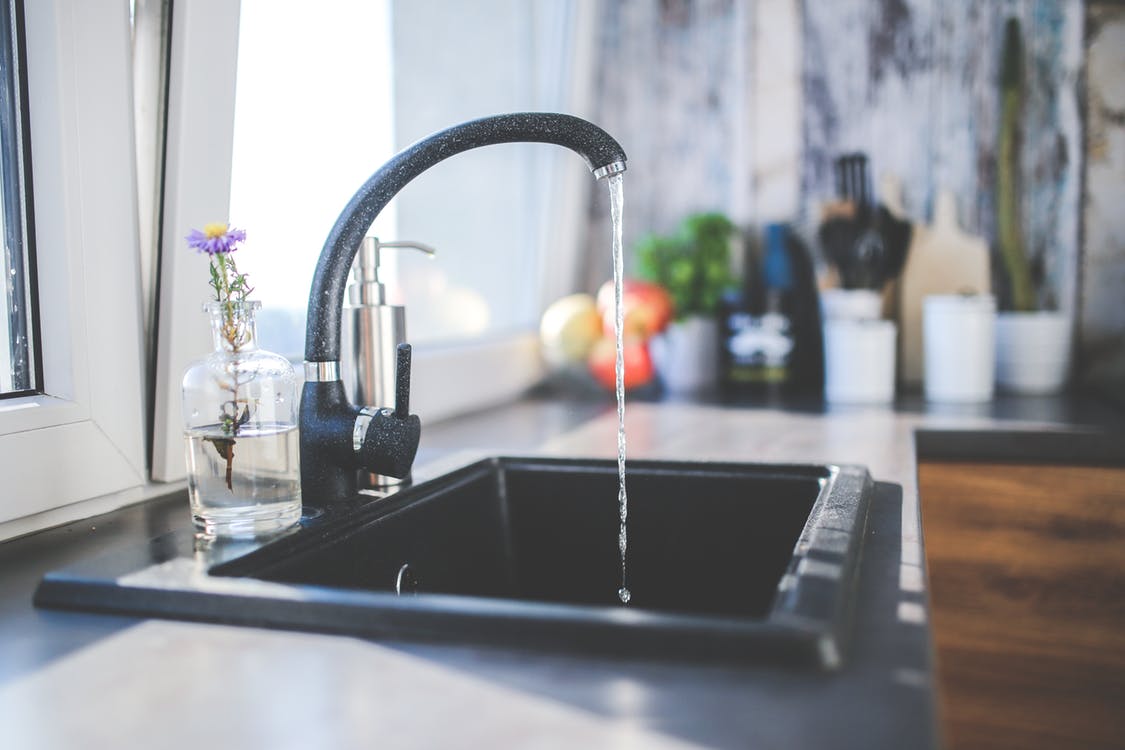
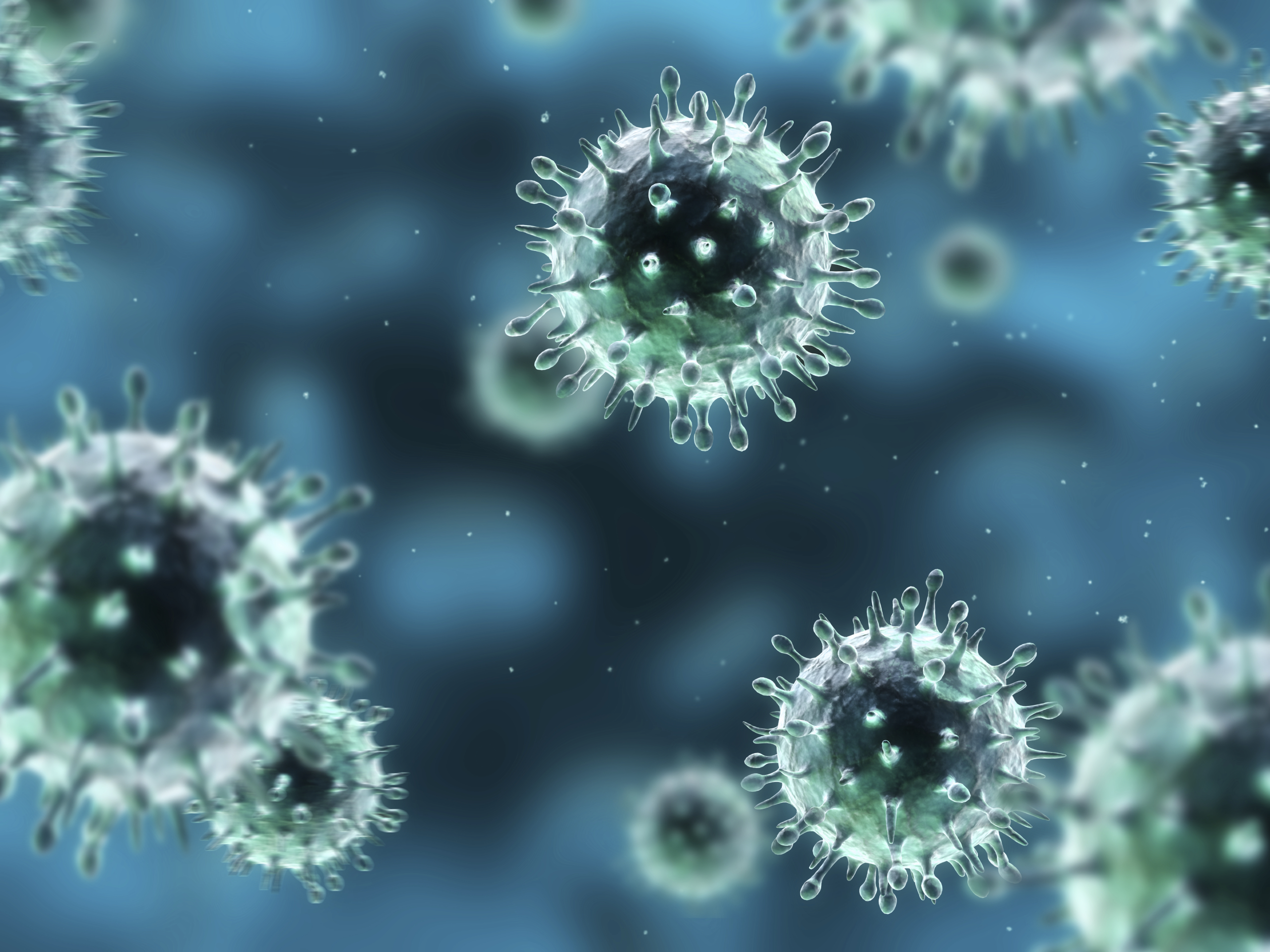
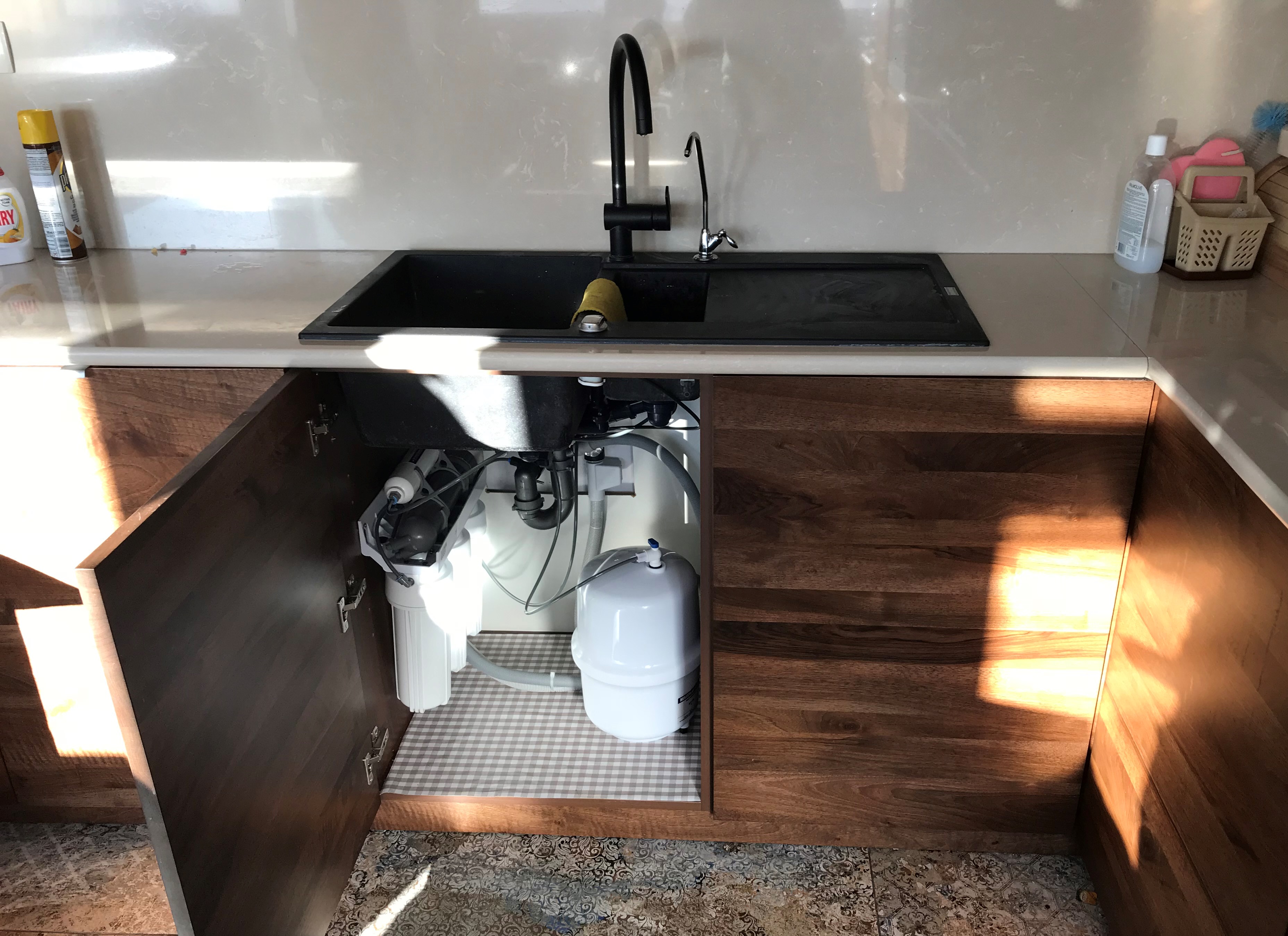
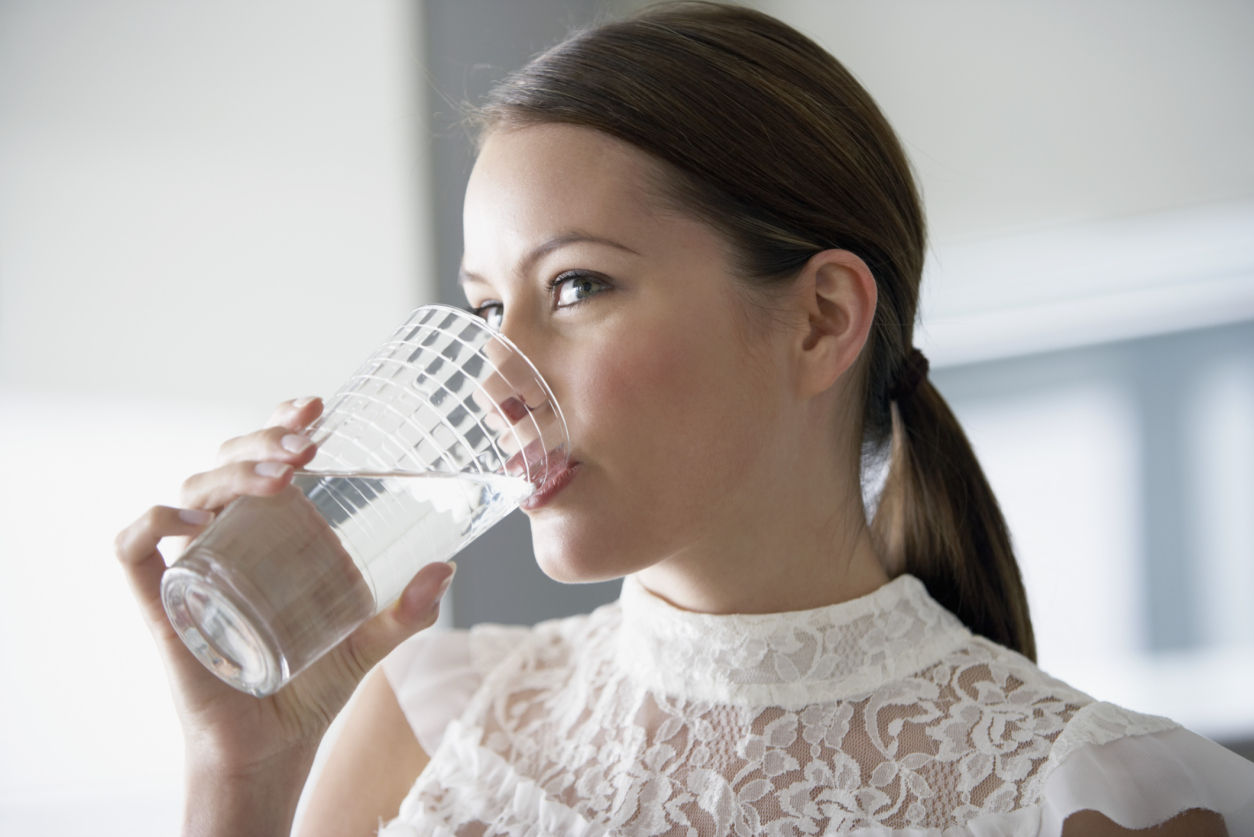
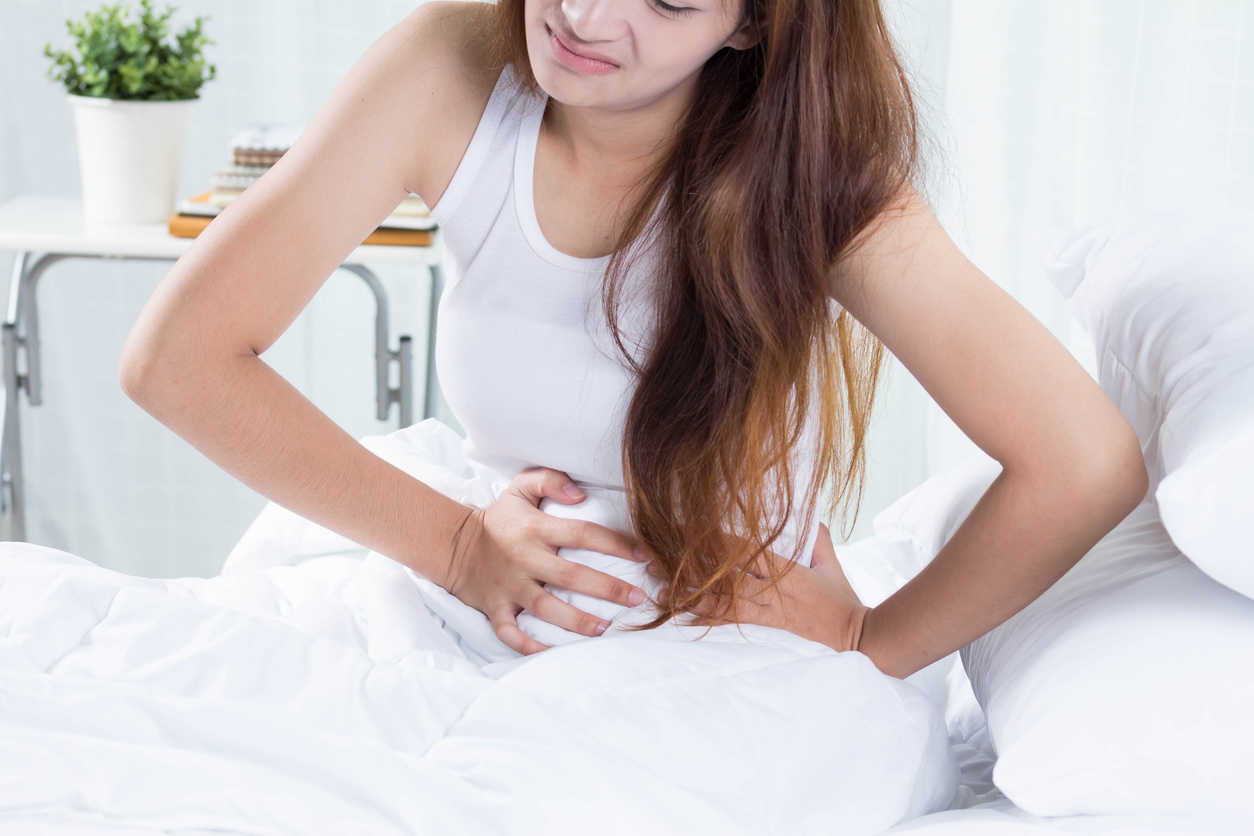 The study participants included 140 women who all suffer from recurring UTIs. The participants were separated into two groups: the control and the experimental group. On average, the researchers found that the women drank around 1.5 liters of water each day. The control group was instructed to continue drinking their regular intake of water a day, while the experimental group was asked to double their daily intake of water, for a total of 3 liters per day. The participants were followed for a period of one year.
The study participants included 140 women who all suffer from recurring UTIs. The participants were separated into two groups: the control and the experimental group. On average, the researchers found that the women drank around 1.5 liters of water each day. The control group was instructed to continue drinking their regular intake of water a day, while the experimental group was asked to double their daily intake of water, for a total of 3 liters per day. The participants were followed for a period of one year. When you experience one UTI, your chances of getting another increase drastically. Within six months of the first one, 27 percent of women will experience a second. This number increases between 44 percent to 70 percent likelihood that a second UTI will occur when the period of time is increased to within a year of the first UTI.
When you experience one UTI, your chances of getting another increase drastically. Within six months of the first one, 27 percent of women will experience a second. This number increases between 44 percent to 70 percent likelihood that a second UTI will occur when the period of time is increased to within a year of the first UTI.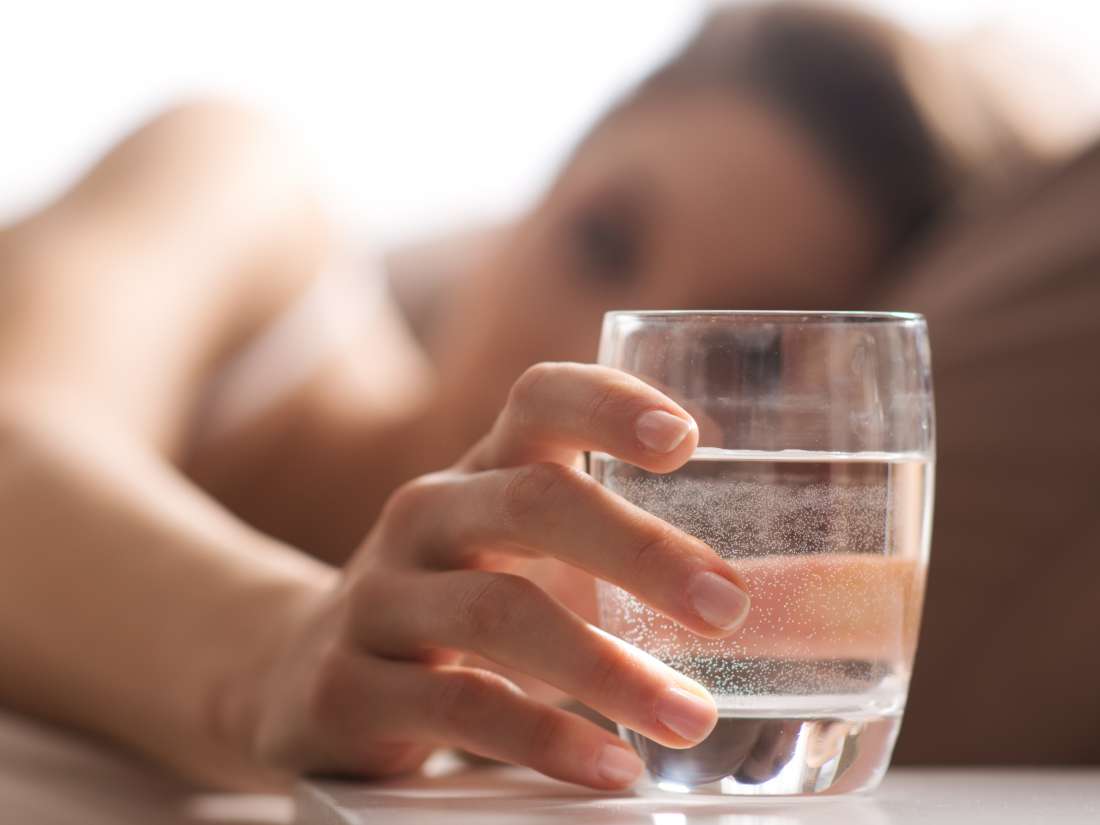 If you are suffering from recurring urinary tract infections, be sure to visit your doctor immediately for proper treatment with antibiotics. UTIs are a serious infection that, if left untreated, can lead to further infection of the cardiovascular system and even death. Before increasing your water intake or changing your treatment plan for recurring UTIs in any way, consult your regular healthcare provider.
If you are suffering from recurring urinary tract infections, be sure to visit your doctor immediately for proper treatment with antibiotics. UTIs are a serious infection that, if left untreated, can lead to further infection of the cardiovascular system and even death. Before increasing your water intake or changing your treatment plan for recurring UTIs in any way, consult your regular healthcare provider.
 A proper
A proper 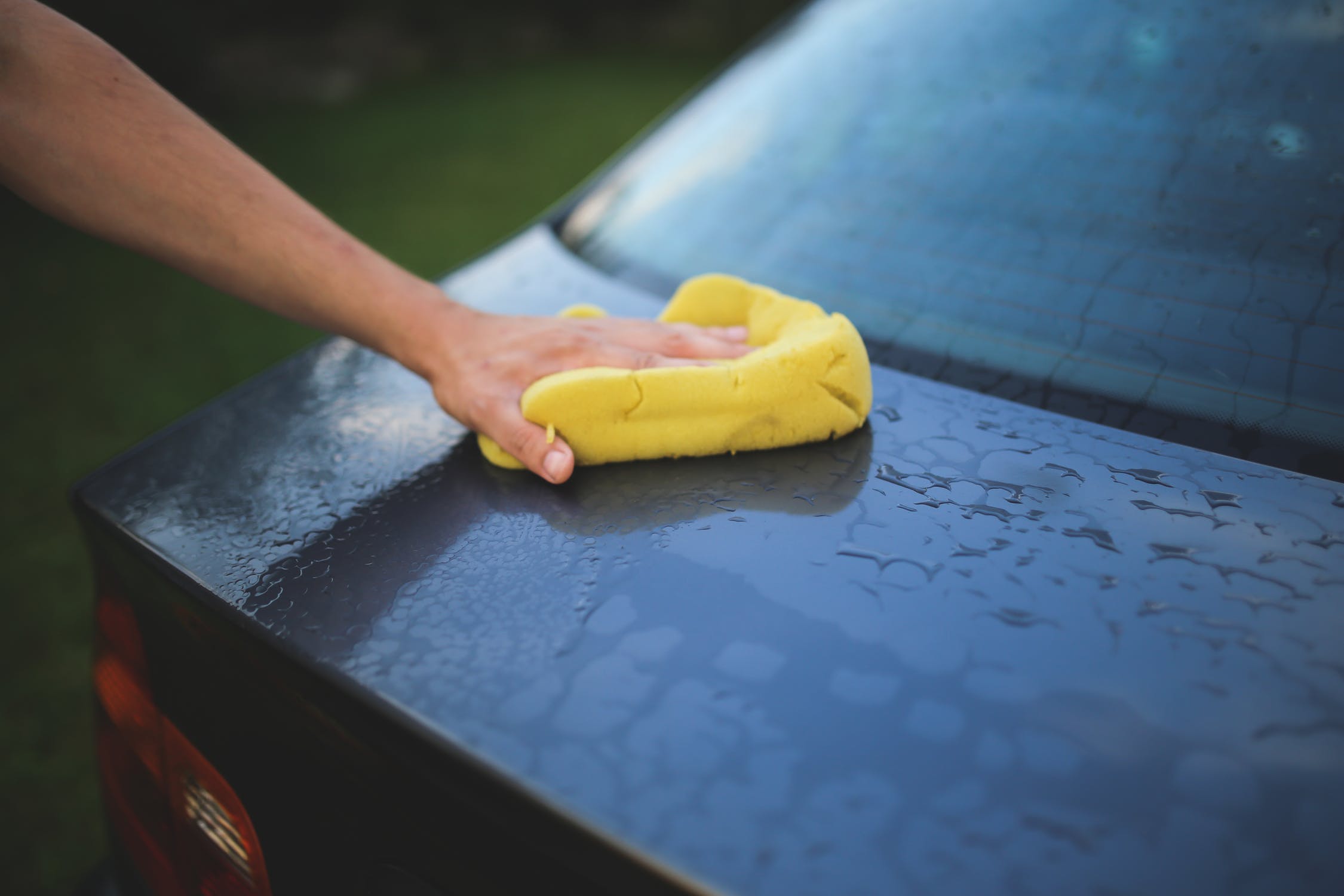

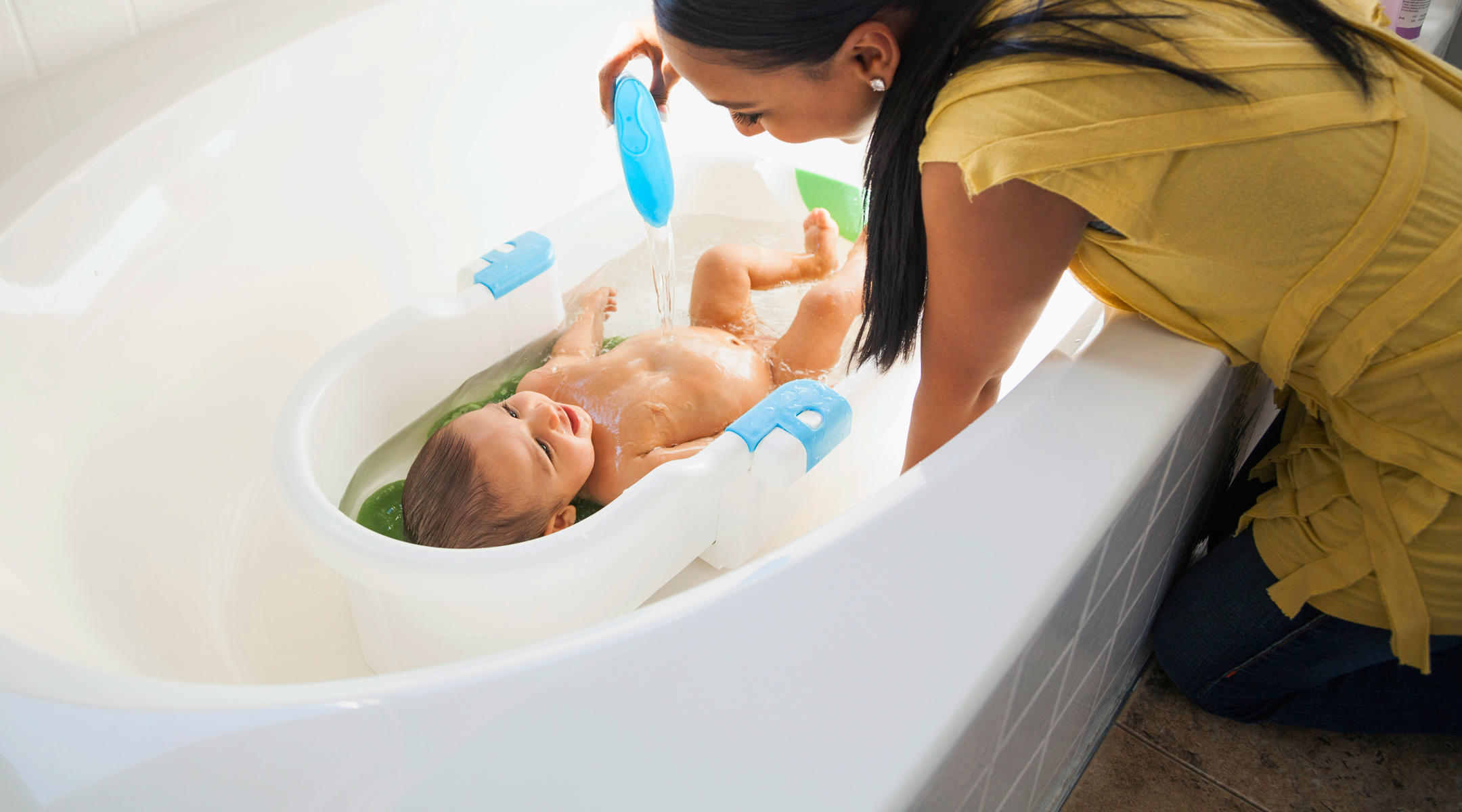
 Aside from the rapid drying of the skin, the exceptionally thin surface hydrolipidic protective layer of the child’s skin allows permeability of harmful and toxic substances to the child’s body. This bandwidth has been especially increased in tonsils, armpits and in diaper-covered areas.
Aside from the rapid drying of the skin, the exceptionally thin surface hydrolipidic protective layer of the child’s skin allows permeability of harmful and toxic substances to the child’s body. This bandwidth has been especially increased in tonsils, armpits and in diaper-covered areas.

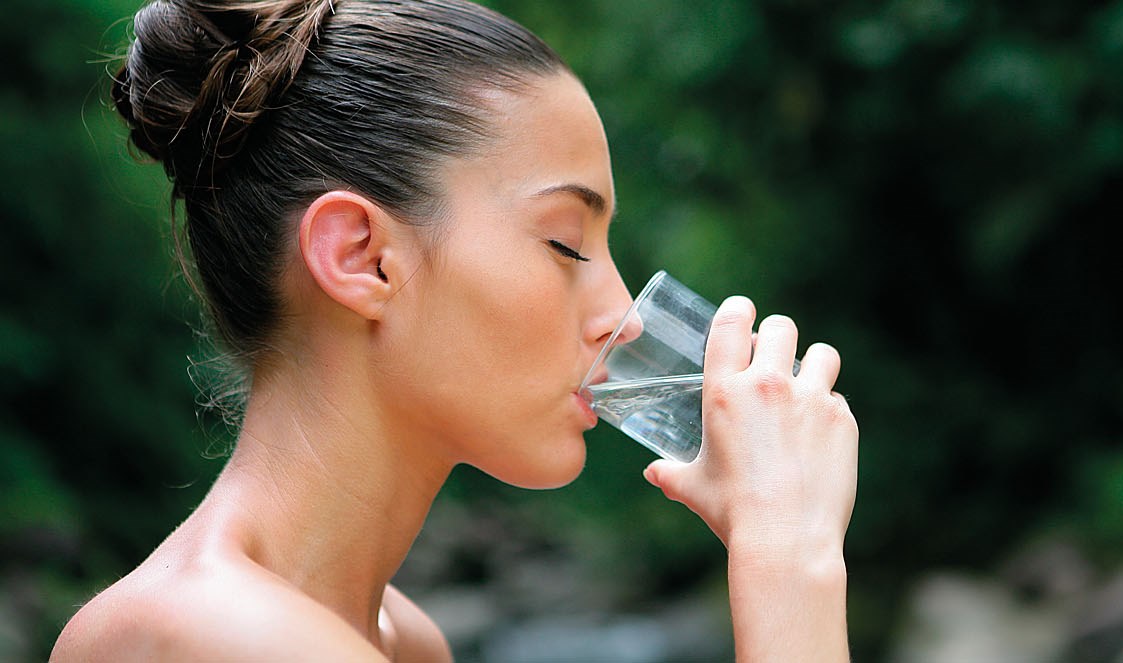
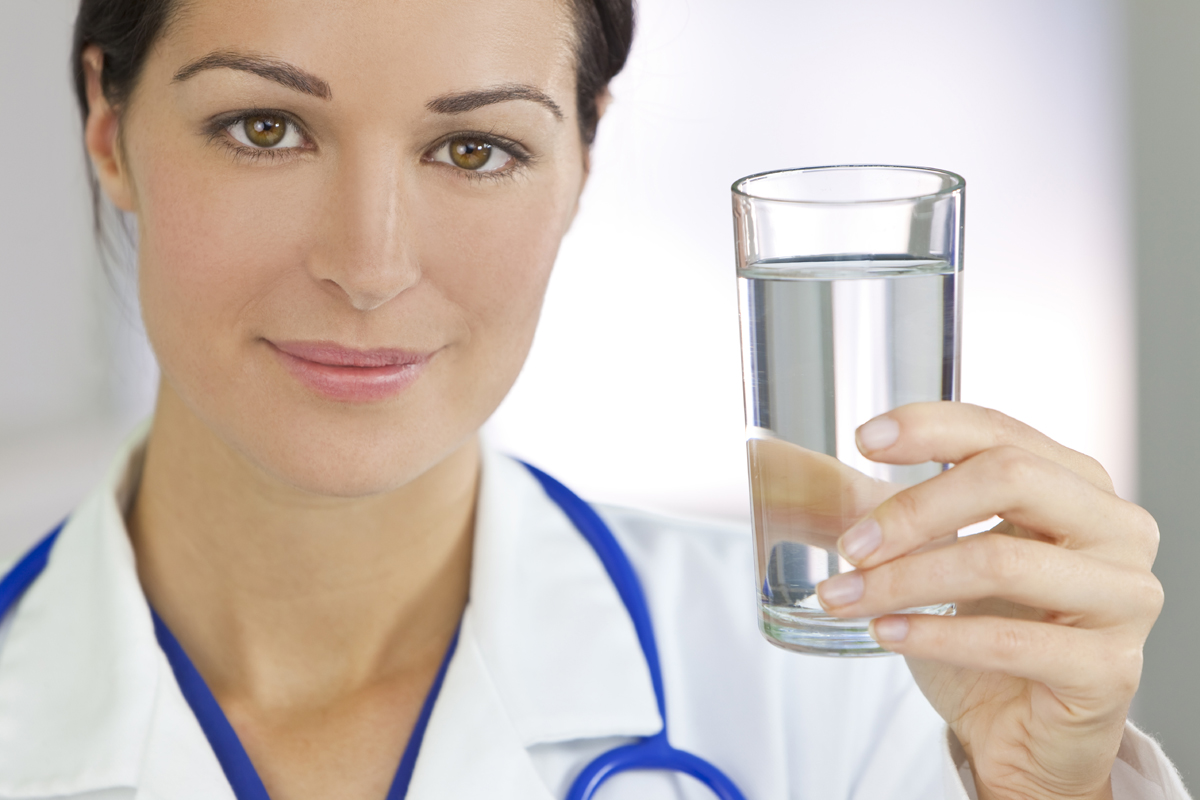
 “Somehow the issue of water in our town is constantly coming as well as the frequent problems with excessive chlorinated water – so it seemed selfish that I keep the following discovery for myself. Many have heard of
“Somehow the issue of water in our town is constantly coming as well as the frequent problems with excessive chlorinated water – so it seemed selfish that I keep the following discovery for myself. Many have heard of 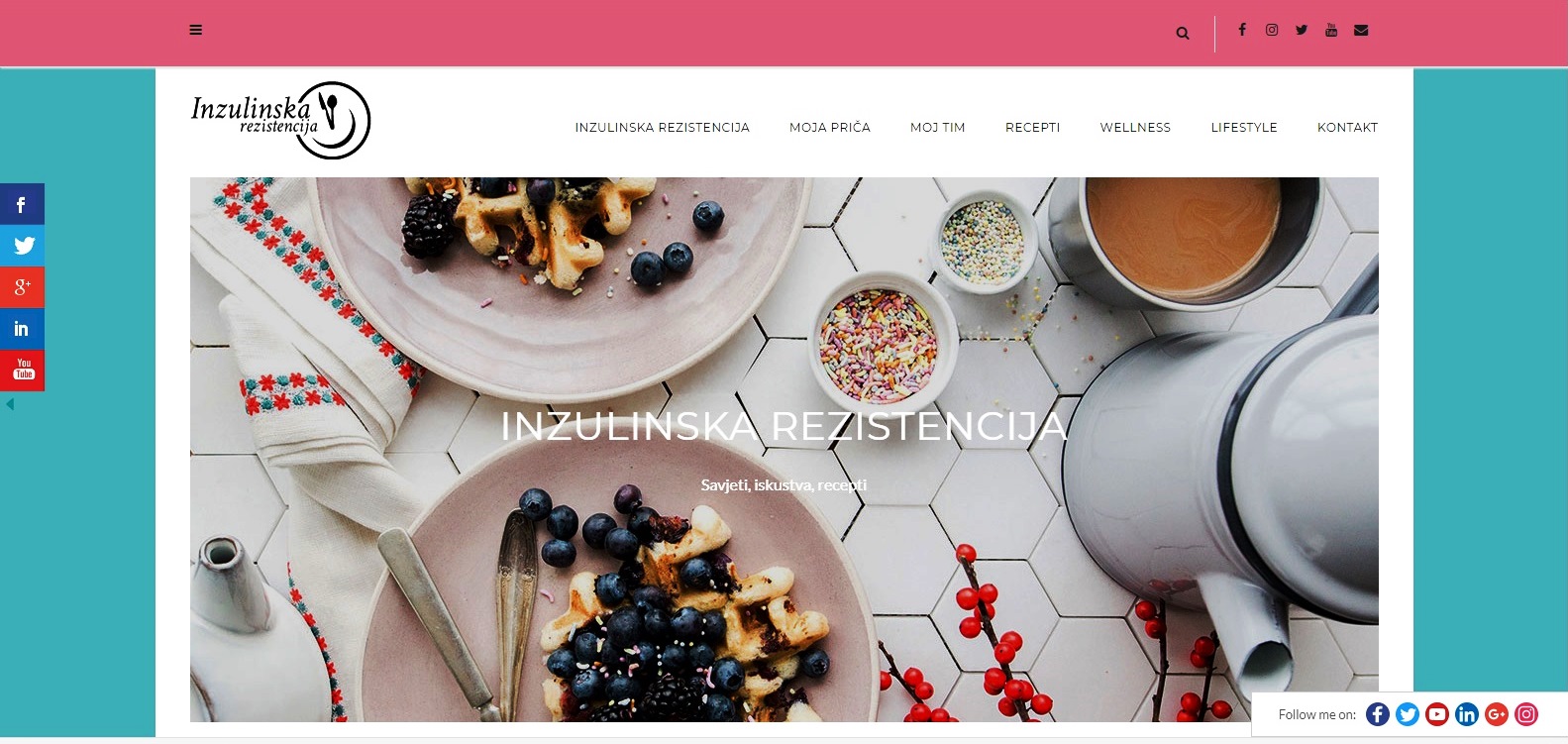

 Analysis of tap water supplies in major metropolitan areas conducted by the Associated Press has revealed that the water supply in 24 major U.S. cities – serving over 40 million people — are contaminated with trace amounts of pharmaceuticals including antibiotics, anti-seizure medications, anti-inflammatory drugs, psychotropic drugs, pain medications and even caffeine.(source:
Analysis of tap water supplies in major metropolitan areas conducted by the Associated Press has revealed that the water supply in 24 major U.S. cities – serving over 40 million people — are contaminated with trace amounts of pharmaceuticals including antibiotics, anti-seizure medications, anti-inflammatory drugs, psychotropic drugs, pain medications and even caffeine.(source:  What Type of Water Do You Drink?
What Type of Water Do You Drink? Distilled Water – Use with caution… Long-term use can invite health problems, because its minerals are evaporated out. So to try to maintain mineral balance, it sucks minerals out of your body.
Distilled Water – Use with caution… Long-term use can invite health problems, because its minerals are evaporated out. So to try to maintain mineral balance, it sucks minerals out of your body.

 Are You Ready to Start Drinking Cleaner Water?
Are You Ready to Start Drinking Cleaner Water?